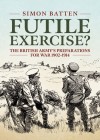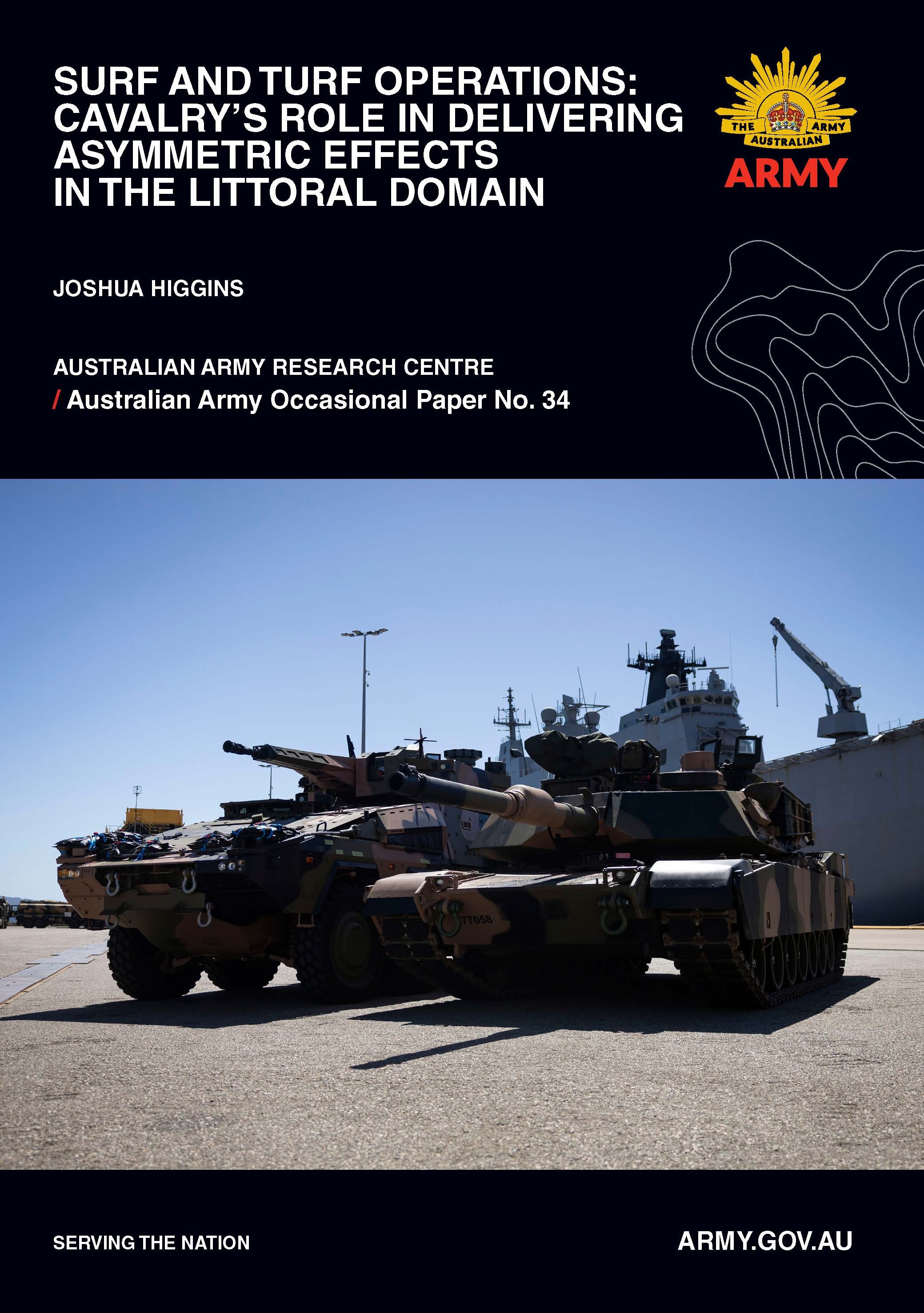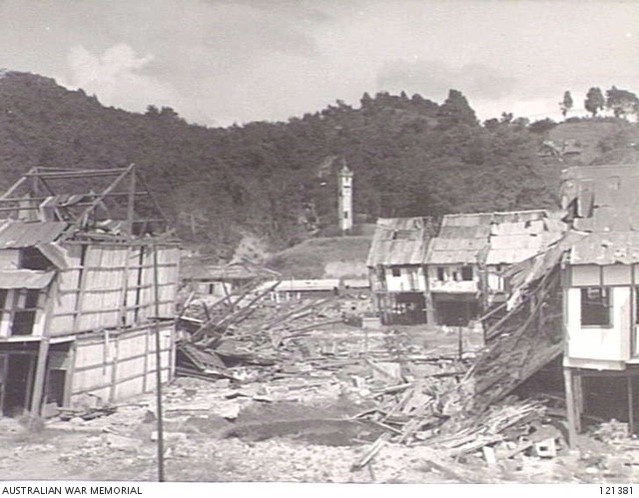The British Army's Preparations for War 1902-1914
Helion, Warwick, 2018, 235pp
Hardback ISBN: 9781911512851
Paperback ISBN: 9781804515686
Author: Simon Batten
Reviewed By: Chris Roberts
The subject of the British Army's reform and preparations prior to the Great War has received little serious study. Further, much of what has been written in general histories has been simplistic and derogatory based on shallow research, ill-founded assumptions or deliberate misinformation. Two notable exceptions are the excellent studies of doctrinal reforms (especially after the South African War) by Stephen Badsey in Doctrine and Reform in the British Cavalry 1880-1918 (2008), and Spencer Jones in From Boer War to World War: Tactical Reform of the British Army, 1902 -1914 (2012). These books are now joined by another fine work by Simon Batten in Futile Exercise? The British Army's Preparations for War 1902-1914. Rather than considering doctrine, Batten’s study largely surveys the practical exercises and manoeuvres conducted between 1904 and 1914 and, in so doing, firmly rebuts those who have criticised the British Army's preparation for the Great War. As Spencer Jones says, Batten’s book 'offers the first serious study of how the British Army trained for large scale operations.'
Based on wide ranging research of primary and secondary sources, Batten presents a convincing case of how the Army's higher commanders took a serious and close interest in the development, preparation, and training of the army for (what was expected to be) the future nature of war. In doing so, in some areas he shows that Britain was ahead of Germany and France in its approach and land warfare tactics. Above all, Batten demonstrates that the British Army's higher command were not the 'donkeys' so readily ascribed to them. Rather, they were dedicated and intelligent men, who, despite some flaws, had a sound grasp of their profession, were intent on preparing the army for modern warfare, and readily tested and adopted fledgling technology. In several areas their comments and views were prescient.
Having provided an overview of the conduct of manoeuvres, together with the issues and difficulties involved in undertaking them, Batten then devotes four chapters to preparations undertaken in the decade prior to the outbreak of war. Three chapters cover in detail the 1904 amphibious landings on the Essex coast around Clacton-on-Sea, the 1912 two sided operation between Haig and Grierson in East Anglia, and the 1913 exercise in Buckinghamshire and south Nottinghamshire. Here, Batten considers the objectives, planning, conduct, and lessons derived from each activity. Another chapter discusses the preparations undertaken between 1904 and 1912. Rounding out the book are two final chapters. One reviews the British Army’s attendance at foreign army manoeuvres and wars, and the other considers the British Expeditionary Force at war in the latter half of 1914 against the backdrop of the experience gained from peacetime manoeuvres and exercise. Batten wraps up his study with a sound conclusion of the key issues.
This book is written in an easily read style that hums along, keeping the reader's interest. Demonstrating the breadth and depth of his research, Batten makes observations that are fair and balanced. He takes issue with some historians, such as Allan Mallison, and especially the Canadian Tim Travers, shredding the fallacy of some of their pronouncements on British commanders, with sound arguments and solid evidence of the unreliability of Travers’ speculation. At the heart of the discussion are the key commanders, most of whom would play a part in the coming war. Batten effectively examines their views, relationships, and contributions to the development and preparation of the army for the war they knew was coming.
Modern readers have been accustomed to the view that the British undertook a learning process during the Great War; this book reveals the learning process commenced after the South African War, and it transformed the British Army. In refuting those who criticise Britain for being ill-prepared for the war that stagnated on the Western Front, Batten reminds us that all of the armies that mobilised in 1914 had trained and prepared for mobile operations involving manoeuvre, and that the experience of the wars of the previous decade reflected this approach. In fact, the British Army trained for the very war that took place between August and November 1914, when on the Western Front they ran out of space to manoeuvre. In undertaking this mobile phase of the war, the pre-war manoeuvres undertaken by the army, despite their limitations, served Britain well.
While Batten identifies several shortcomings of the manoeuvres themselves, of the technologies employed, and the commanders who participated, he sensibly discusses them in the context of the difficulties and constraints they faced, and the information available at the time. For example, several historians simply suggest Haig failed at the 1912 manoeuvres, but Batten takes a more positive view, derived from a detailed study of how the action evolved. In doing so, he demonstrates that a commander can only work on the intelligence available to him, and is reliant on the actions of his subordinates. If anything, Haig relied too much on the information provided by aerial reconnaissance, which at times was faulty, and he was not well served by Allenby's cavalry division. Moreover, the idea that these officers were resistant to new technologies is amply refuted by the evidence Batten produces.
In reading Batten’s book, this reviewer is reminded of Sir Michael Howard's sage advice: if one wants to gain an understanding of what actually occurred - one should read widely, in depth, and in context. Simon Batten has done just that. Futile Exercise? The British Army's Preparations for War 1902-1914 offers readers a perspective that has rarely been investigated in such depth, and he throws fresh light on the Edwardian Army, especially its higher commanders. It is a thoughtful, deeply researched, balanced, and well-presented piece of work which shows that those who still persist in 'the donkeys' school of thought are on very shallow ground indeed. The book has relevance to today’s land forces. Specifically, if an army is to be successful in the opening phases of a war, its higher level commanders must have a deep professional knowledge of their profession, and they should be exercised regularly in conducting operations, especially when adjusting to new doctrine and technologies.
Highly recommended.



